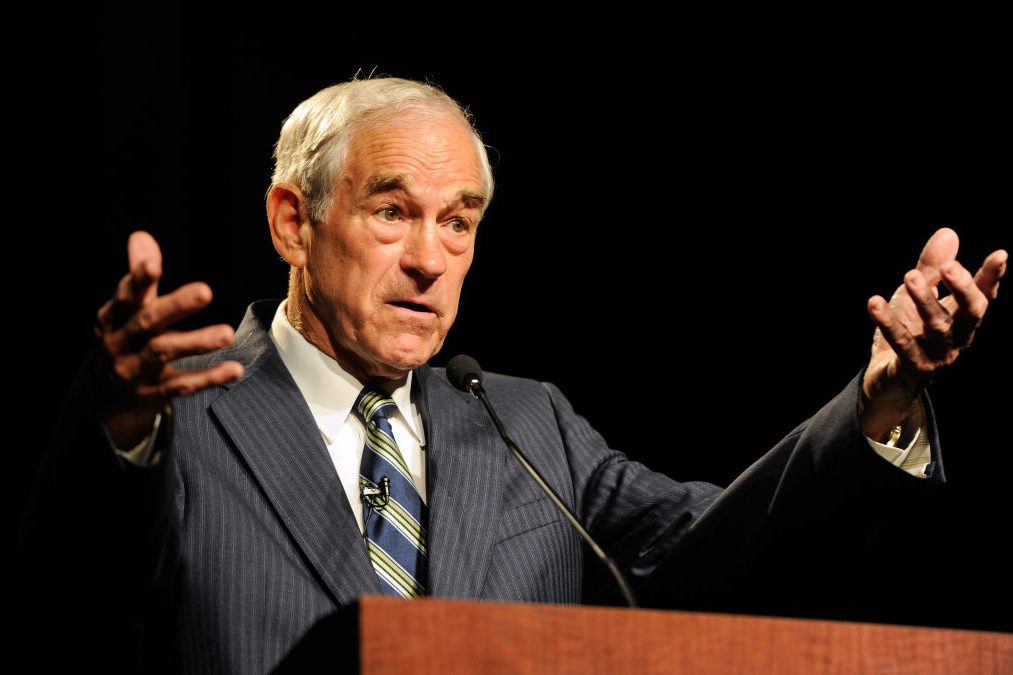There’s a new dawn for social media, and tech CEOs have morning wood. Twitter has a new owner, Elon Musk — did you hear? — and he’s looking to turn the slovenly hellscape into a financially viable company. The path? Subscriptions and paid content.
In response, Tumblr, once the horniest hub of the internet, announced in November that it was allowing nudity again after banning “adult content” in 2018, which cost 30 percent of its user base and even more cultural relevancy. This came after years of incremental changes from the current owner, Matt Mullenweg, who acquired Tumblr from Verizon in 2019.
What will be excluded from Tumblr's adult content ban?
◾️"Female-presenting nipples" related to breastfeeding, birth, or health-related situations
◾️Written erotica
◾️Nudity in art or nudity related to "political or newsworthy speech"
— AJ+ (@ajplus) December 3, 2018
This may spark optimism in those reminiscing over the hornier days of the internet, but it’s a false hope. No matter what the “extremely libertarian” Mullenweg and ostensibly pro-free-speech Musk may like, those days aren’t coming back. TikTok and Instagram, for instance, don’t just ban nudity. They are infamous for killing sex worker accounts that perfectly conform with their rules.
Old Tumblr was different.
Founded in 2007, Tumblr allowed anyone to make a customizable blog and curate it with text, images, and GIFs, be it original work or reposted (“tumbled”) from the blogs of other users. Unlike Twitter, which started one year earlier, you didn’t get attention for snarky replies or generic content. Following someone on Tumblr allowed you to access their digital scrapbook. Tumblr also didn’t tie profiles to real identities.
Pairing visual content with user anonymity made for a distinctly affirming space, particularly around sex. As popular “femboy” sex worker Jamie Locke reminisced, “[Tumblr] made me feel like ‘oh wow there are people here who are into the same things as me, maybe I’m not that weird after all.’”
Famous pornstar Cherie DeVille told me that the platform was not particularly useful for industry sex workers — production companies turned to Twitter and Instagram instead — but Tumblr’s uniquely gay, feminine and friendly user base birthed a different kind of star. Case in point is cosplay artist Ashley Barron, who gained thousands of followers and monetized it through Patreon, ranking among its top creators. Ashley describes her early days on Tumblr:
I slowly started posting more NSFW content on Tumblr after years of being too shy to do so… but when I began doing it, it felt very liberating, and as a genderfluid, trans photography and cosplay artist, it meant I could express myself in a way that wasn’t bombarded by judgement.
Tumblr was a special place, but largely so because of lax moderation. When Verizon bought the company in 2017, they inherited a site riddled with illegal content, with no easy means of conforming to the incoming 2018 anti-trafficking laws SESTA and FOSTA, which held platforms liable for illegal sexual content.
Verizon’s 2018 ban on “adult content” was inevitable. NSFW communities were Tumblr’s spine and ripping them out made the whole platform collapse inwards. Major creators scrambled to sanitize their pages, only to have all their content removed, and users left in droves.
But Tumblr’s newly announced return of nudity is not a full reversal of its failed policy. The platform still explicitly bans “visual depictions of sexually explicit acts” because, as Mullenweg explained in a post in September, “Credit card companies are anti-porn… App stores, particularly Apple’s, are anti-porn.”
On top of that, Tumblr earns most of its money from advertisers, which are usually prudish.
“McDonalds doesn’t want their Happy Meal to appear next to fist-fucking,” says Professor Susanna Paasonen, an expert on sexual platforms at the University of Turku.
For sex work to flourish on a social media, the platform needs to allow anonymity, incentivize friendly interaction, display visual content well, reliably verify accounts and implement safe monetization options.
Current Tumblr succeeds in some of this, but is enslaved to prudish masters, and so we have their “yes to breasts, no to sex” approach. By contrast, Musk’s Twitter has some advantages. His subscription-focused revenue plan explicitly makes Twitter less vulnerable to advertiser pressure, and the platform already has a sizable pornographic library, despite its clear violation of Google and Apple app store guidelines.
Elon Musk has increasingly alienated advertisers leaving Twitter in a precarious position. Where's the money coming from?
He does not have to reinvent the wheel. Twitter can take some lessons from the porn industry. Here's my debut piece for @Slate https://t.co/cSAfxGxC2M
— Andy Hirschfeld (@andyreports) December 7, 2022
These factors gives Musk a leg up, but it’s no easy feat making Twitter better for sex workers. Prior to the Musk incursion, Twitter had been attempting to build an OnlyFans competitor, but killed it due to the same issues Tumblr faced in 2018. Similarly, Twitter is characteristically nasty, and doesn’t incentivize authentic self-expression. Beyond the principle of free expression, those outside the industry may not understand why social media is so important for sex workers. After all, there is OnlyFans, RedGifs, PornHub, and countless other private paid sites. But they don’t replace social media — just monetize it.
When I asked Gustavo Turner, news editor for the trade publication Xbiz, if the sex workers he spoke to were excited about Tumblr’s change, he answered, “Yes, but mostly in a chaotic, memelord, Gamestop stonk kind of way. Like the ‘Mean Girls’ photo of the girls in the car captioned, ‘Get in loser, we’re gonna post tits on Tumblr.com.’”
He’s even less hopeful about Twitter’s path to economic viability, which is steep — perhaps impassible — and Musk may believe sacrificing NSFW content could raise ad revenue.
Conservatives worry about deplatforming and shadow bans, but sex workers are Americas most censored, financially harassed and socially ostracized group. Tumblr is impotent to change that, and Twitter may be too economically fucked to even try.

























